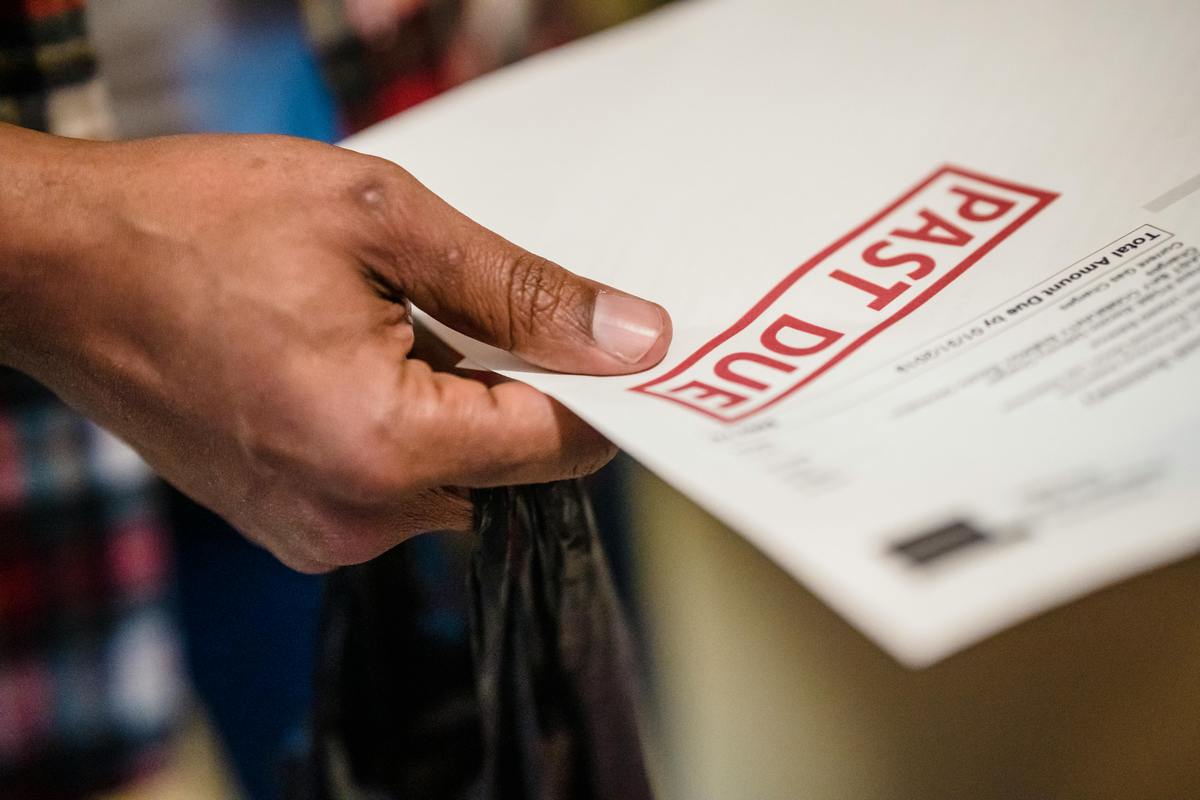Every landlord wants their tenants to make monthly rent payments on time, every time. But when a tenant doesn’t pay rent by the due date, late fees come into play. A clearly stated and legally compliant clause can help landlords avoid the headache of troublesome rent collection.
For some tenants, late fees can motivate them to fulfill their lease terms, because who wants to pay another fee? Tenants like this are beneficial because any delays in your revenue stream are inconvenient. To combat that inconvenience, fees ensure that you’re compensated in the event a tenant misses their due date.
But before you establish your policy and add a clause for it in your lease agreement to account for it, use this helpful guide for landlords.
Let’s walk through everything you need to know about late fee policies, starting with what they are, how they fit into your lease, and what your clause must mention.
What is a Late Fee?
If a tenant has an overdue balance, landlords charge a late fee as a penalty. Landlords often charge them as a percentage of the rent or a flat fee. Landlords most often charge fees for overdue rent, but they can also apply them to repair costs, damage fees, pet rent, or parking fees.
Some states, including Maryland, New York, and Iowa, regulate late fees by placing a cap on how much landlords can charge. In some other states, landlords abide by a state-mandated grace period before the fee can take effect. Take, for example, Massachusetts, which prohibits landlords from charging one until after rent is 30 days late.
Nonpayment of Rent and Your Lease
No landlord wants to deal with late or unpaid rent, but every landlord needs to plan for it. Your lease agreement must clearly outline your policy on nonpayment and penalties. If it doesn’t, you can’t legally charge tenants a late fee.
If you find that after you’ve signed a lease, but don’t have a policy in place, you’ll need to create a lease addendum. Within the addendum, you can specify late rent fees to help mitigate the challenges of late payments. However, note that both parties must sign off on the addendum. It pays to create a lease up front that specifies these terms.
What Should a Late Rent Clause Include?
Whether you’re adding a late rent addendum to your lease or you’re customizing an online lease template, here’s what your clause should detail:
- The circumstances when late fees apply
- Amounts
- Grace period before fees kick in
If you’re in doubt, reach out to a trusted legal professional to ensure your late rent clause covers all the basics.
How Much Should I Charge?
Since some states have landlord-tenant laws regulating late fees and nonpayment policies, check your local area’s policies before choosing how much you should charge. Here’s what you should know:
If the state you’re leasing in places a cap on late fees, always comply with local laws. These are a few of the states that set a maximum amount that landlords can charge:
- Colorado
- Connecticut
- Delaware
- Iowa
- Maine
- Maryland
- Minnesota
- Nevada
- New York
- North Carolina
- Tennessee
- Texas
- Utah
- Massachusetts
However, most states don’t specify how much landlords can charge, only requiring landlords to set a ‘fair and reasonable amount.’ In other words, you can’t charge tenants an outrageous amount. For example, you can’t charge 50% of the rent amount per day.
To help deliver some perspective, according to the Consumer Financial Protection Bureau, the average late fee is around $85 per day. Most landlords choose a flat fee, between $50 and $100, or opt for a small percentage of the rent, such as 5%. Be sure to check local laws to determine what is and isn’t allowed in your city or state.
What Should I Do if My Tenant Doesn’t Pay Rent?
If it’s a tenant’s first time missing their monthly rent payment, we recommend checking in on them. Clear landlord-tenant communication is key. Reach out with a message saying, “Hi, I didn’t receive this month’s rent payment, so I wanted to check in. Is everything okay?”
If the tenant has a history of not paying rent on time, or if the usually reliable tenant is still overdue, send them a formal written notice stating:
- The original rent due date
- The past due amount
- When you apply late fees
- The amount
- The consequences of not paying rent
- The tenant’s ability to reach out with questions or concerns
In most cases, tenants will pay their due balance and associated late fees. Sometimes, a tenant merely faces a hiccup. If the problem persists and they continue to miss payments, you may need to escalate the situation by initiating a legally-compliant eviction process.
Simplify Your Late Fee Collection Process
Ready to streamline rent collection? Use TurboTenant’s landlord software to automatically send late payment reminders, receipts, and overdue notices — for free. You can also set up automatic late fees when tenants miss a payment, choosing either a one-time fee or a daily accruing fee.
Ready to try it out? TurboTenant’s rent collection features are free. Just sign up and start collecting rent today.
Late Rent Fees FAQs
What is a late fee?
Landlords charge a late fee if tenants don’t make payments by their due date. Late fees can cover rent payments and other overdue balances, including repair costs, damage fees, and pet rent.
What should a late rent clause include?
A late rent clause must comply with local landlord-tenant laws. They should include the circumstances when late fees apply, the late fee amount, and if there is a grace period before late fees kick in. We recommend contacting a trusted legal professional if you’re unsure about your late rent clause.
How much should I charge as a late rent fee?
Some states regulate the amount landlords can charge as a late rent fee. Following landlord-tenant laws, landlords typically set a reasonable flat fee or a percentage of the monthly rent. In most cases, late rent fees are between $50–$100.


